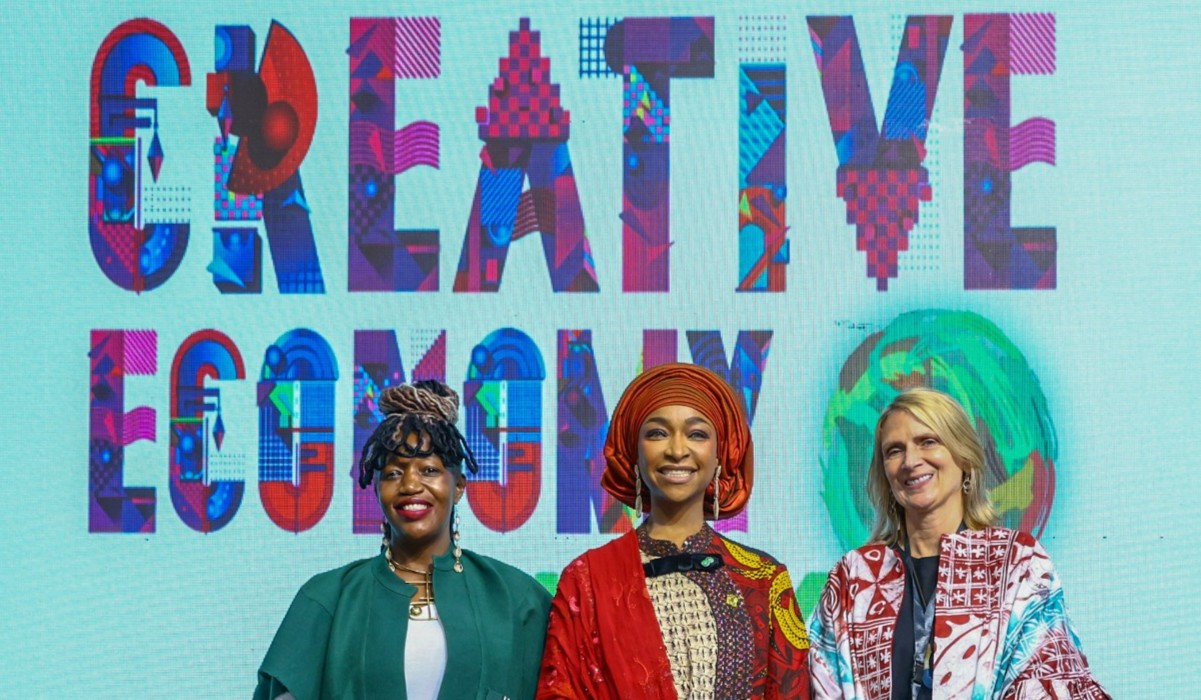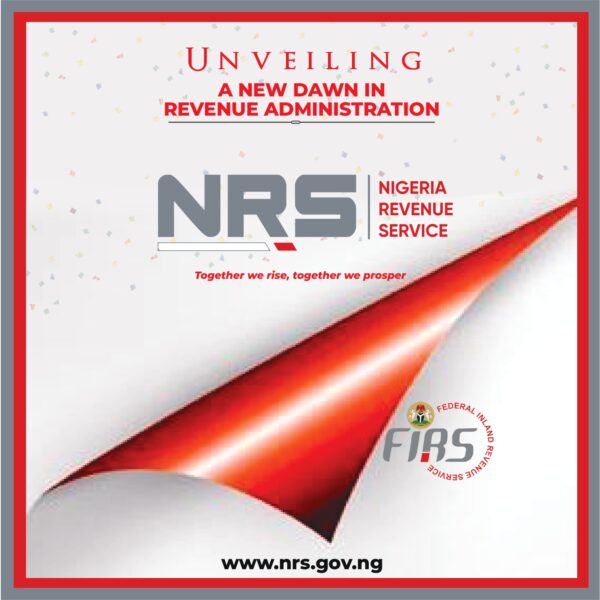Nigeria’s creative industry once again took centre stage as a catalyst for national growth during Creative Economy Week 2025, a landmark initiative organised by the British Council in partnership with the Federal Government and key industry stakeholders.
The week-long programme is designed to harness Nigeria’s abundant creative talent and reposition the sector as a driver of socio-economic development. Events were held across five major cities—Abuja, Lagos, Port Harcourt, Kano, and Enugu—and will culminate in a grand London showcase on 11 October.
Delivering the keynote address in Lagos, the Minister of Arts, Culture, Tourism and Creative Economy, Barrister Hannatu Musa Musawa, underscored the immense potential of UK–Nigeria collaboration to accelerate capacity building and skills exchange within the creative sector.
“The creative industry in the United Kingdom is very developed. We believe we can also have a thriving creative industry. The government has stepped in to facilitate this essential handshake. With collaboration with the United Kingdom, Nigeria’s creative sector will further thrive. And beyond that, there are a lot of skills,” she stated.
Musawa highlighted Nigeria’s wealth of raw talent and creativity, stressing that the partnership would deliver mutual benefits through training programmes, cultural festivals, and professional exchanges. “With the right training and support,” she concluded, “Nigeria’s creative sector can not only thrive but also contribute significantly to job creation and economic development.”
Creative Economy Week 2025 brought together artists, creative entrepreneurs, cultural hubs, industry leaders, policymakers, investors, and international partners. The initiative showcased how creativity and culture can power inclusive economic growth, empower young people, and strengthen global connections while amplifying diaspora voices and fostering international collaboration.
In Lagos, participants engaged in vibrant discussions and specialised sessions, including the Women in Film Conference, the Africa Film Finance Forum (AFFF), and presentations on unlocking Nigeria’s creative technology and digital storytelling frontiers. Other highlights explored the expanding role of music in job creation and market reach, along with a fireside chat on strategies for advancing the nation’s creative industry.
The programme also featured masterclasses on key subjects such as intellectual property in the film industry, SME creative entrepreneurship, and practice management for the film sector. These sessions were pivotal in promoting professionalism, stimulating growth, and creating employment opportunities within Nigeria’s burgeoning creative economy.


